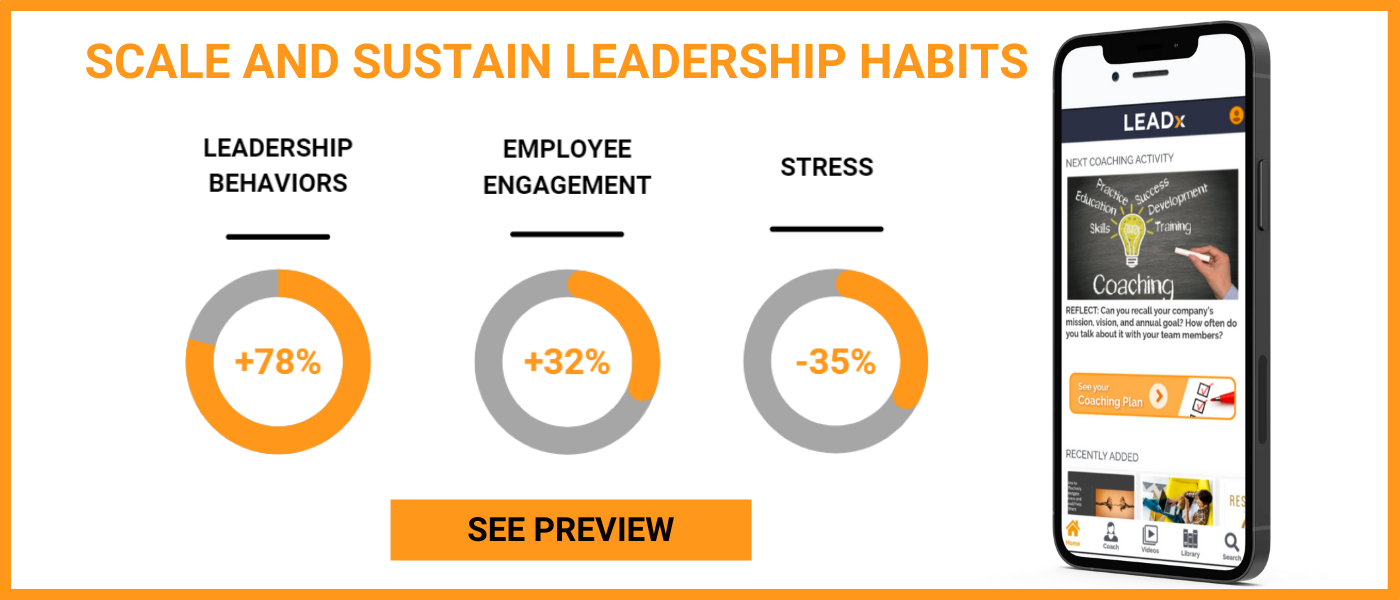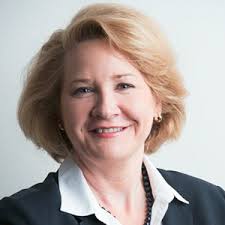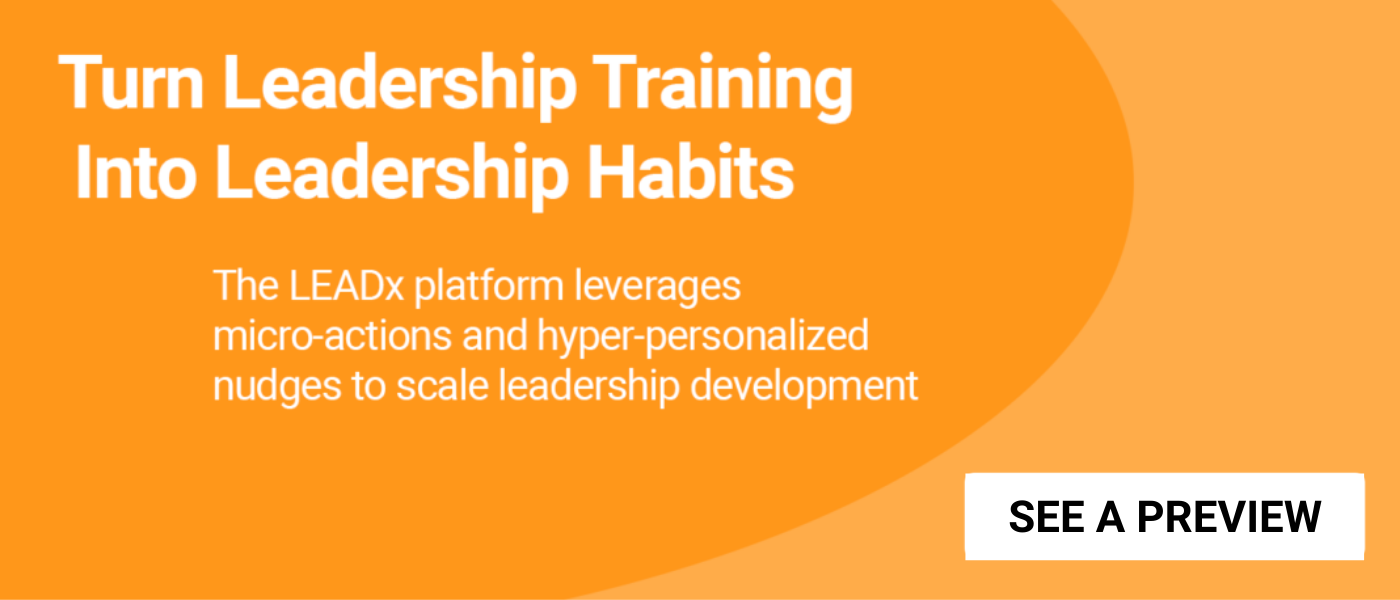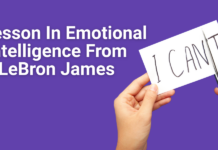
The best company cultures don’t appeal to everyone. They’re unique. Often, the founders or employees develop a set of one-of-a-kind core values to underpin that culture.
For example, at Rivian, “chaos” is a core value. At Veeva, it’s “speed.” And at 10x Genomics, management actively tells candidates, “10x is a really intense place to work. We move really quickly, we work really hard, and we do that because for every moment we lose, there are lives lost as we pursue our ambitious mission.”
 Another great example is the company Clari, a revenue platform that helps customers figure out how to consolidate their spending, simplify their technology, and accelerate their revenue results. As a company in hyper-growth, Clari has grown from 250 employees (or “Clarians”) to 750 employees in just four years.
Another great example is the company Clari, a revenue platform that helps customers figure out how to consolidate their spending, simplify their technology, and accelerate their revenue results. As a company in hyper-growth, Clari has grown from 250 employees (or “Clarians”) to 750 employees in just four years.
To learn about Clari’s culture and core values (which include “Jazz Band” and “Dish Assist”), I met with the Chief People Officer (CPO), Laura MacKinnon. She broke down how her team helped scale and sustain company culture as they tripled in size in three years, how they put together their leadership development programs, and much more.

Two Unexpected Values that Are Foundational to Clari’s Company Culture
Highly authentic cultures have a way of pushing through the noise to convey how unique they are. MacKinnon described Clari culture using two values I can almost guarantee don’t exist at any other company: “One core value is ‘Jazz Band,’ which means we create harmony with everyone playing well together. The second value is ‘Dish Assist,’ which is about the graciousness of passing the ball to a colleague so they can score.” She highlighted that the common theme across both values is the desire to win together, which extends across the company as well as to their customers whom they consider a part of their team.
Why Clari Pulses Employees on Happiness Levels Every Other Week
In addition to an annual employee engagement survey, MacKinnon and her team collect biweekly feedback from employees about “how they feel.” The anonymous survey asks one simple question: “What is your happiness level this week?” Then, using a 1-5 scale, her team can quickly gauge how teams and their leaders are doing. “It gives us a pulse on the trends of how we’re doing. If, let’s say, we just added a new leader, how does that leader’s team feel? Are they feeling up or down? And how are their feelings progressing over time?” The fact that there is just one simple, repetitive item to respond to makes it easy for employees to participate without committing much time or energy to it.
A Two-Pronged Approach to Leadership Development at Clari
Clari has two main leadership development programs. The first is for all new leaders at Clari and delivers the same content regardless of level (first-line up to VP). This program, called Base Camp, is designed to instill the foundational people skills new leaders will need at Clari specifically. “You learn about our values. You learn about the business. You learn about our cadence,” MacKinnon said.
The second program was codesigned by Clari’s CEO Andy Byrne and CMO Cornelius Willis five years ago. Called the Ascend Leadership Program, it’s a monthly enrichment opportunity for Clari leaders across the board. “The challenge with this program is training the person who just got appointed to a management role yesterday at the same time as someone who's been managing for 25 years. So we try to pick cutting-edge philosophies and books like Multipliers and The Coaching Habit. That way it’s refreshing for first-time and super seasoned managers,” she said.
MacKinnon’s Book Recommendation: The Coaching Habit
MacKinnon’s top book recommendation for HR professionals was The Coaching Habit by Michael Bungay-Stanier. “It’s not complicated. It’s not rocket science, but it's great to see these concepts in writing. It reminds leaders how to lead through listening and supporting instead of that directive style of management that might have been effective 30-40 years ago,” she said.
MacKinnon’s Advice for New CPOs: Understanding How and When to Be Flexible
MacKinnon’s top advice for new CPOs was to learn to understand how and when to be flexible. She pointed out that you have to know when to flex and which battles to undertake and not undertake. “It's a tough lesson because you go in wanting to make sure you're doing right by the company, the people, and the function. You have to understand that it's a marathon, and you've got to give a bit and be flexible,” she remarked. “If you’re strategically flexible, you will have customers and partners that want to come back and work with you because they know you have the judgment to flex and support them.”






